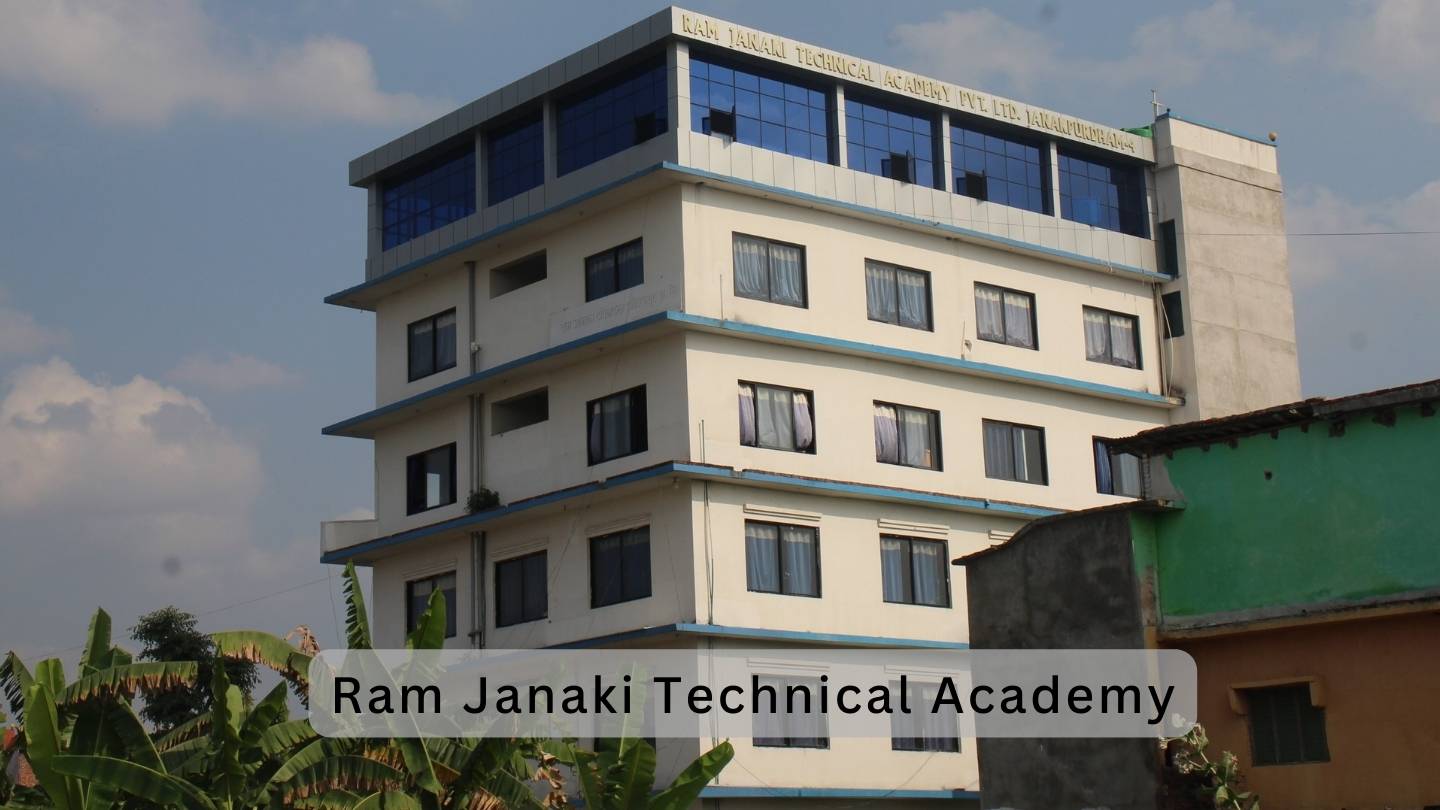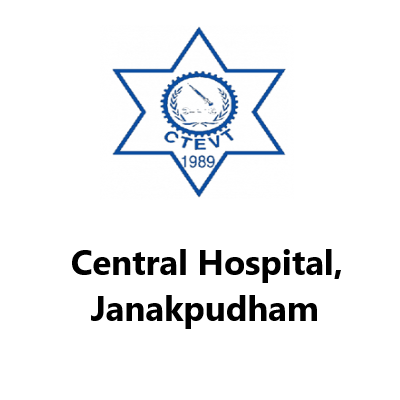Overview
Diploma in Pharmacy at Ram Janaki Technical Institute, Janakpurdham
The Diploma in Pharmacy at Ram Janaki Technical Institute (RJTI), Janakpurdham, prepares mid-level pharmacy professionals in line with the CTEVT curriculum.
The program builds a strong base in pharmaceutical sciences and routine pharmacy operations practiced in hospital and community settings.
Learners work through classroom instruction, guided practicals, and supervised exposure that reflect the procedures used in dispensing units and related workspaces.

Curriculum Focus
Core study areas include pharmaceutics (dosage forms and compounding basics), pharmaceutical chemistry (qualitative and quantitative analysis principles), pharmacology (drug actions, therapeutic use, and precautions at the diploma level), and pharmacognosy (introductory study of medicinal plant materials).
The course also covers pharmacy practice subjects such as prescription reading, drug information basics, storage conditions, inventory rotation, labeling norms, and documentation as guided by CTEVT. Professional conduct, basic calculations used in dispensing, and record-keeping are emphasized throughout.
Laboratory & Practical Training
RJTI’s science lab supports hands-on sessions such as weighing, measurement, simple compounding, identification tests, and routine quality-related observations appropriate for diploma training.
Students maintain lab notebooks, follow safety rules, and work under faculty supervision.
Practice sessions on prescription handling, simulated dispensing, and stock registers help learners connect theory with daily pharmacy tasks.
Teaching–Learning Approach
Faculty use board work, demonstrations, and step-wise procedures. Visual aids and multimedia are used to explain calculations, storage guidelines, and product handling. Group tasks, case discussions based on standard scenarios, and short assignments strengthen understanding of safe medication practices appropriate to the diploma scope.
Assessment & Records
As per CTEVT guidelines, learning is evaluated through internal assessments, practical evaluations, and final examinations.
Students keep practical records, prescription audits (simulated), and logbooks of routine activities. Regular feedback helps learners correct technique and follow standard operating steps.
Facilities & Student Support
The library provides course books, pharmacopoeia references (as available), and past papers. The institute offers counseling, exam form support, and orientation sessions in the conference hall.
First-aid support is available on campus, and safety practices are reinforced during labs and practical exposure. Notices on scholarship facilitation are shared through the academic office as per institutional rules.
Graduate Readiness
By the end of the program, learners understand the workflow of dispensing units, documentation, storage and inventory rotation, dosage calculations, and relevant conduct for entry-level practice as outlined by CTEVT.
The training is suitable for diploma-level roles under supervision in hospital and community pharmacy environments.


















